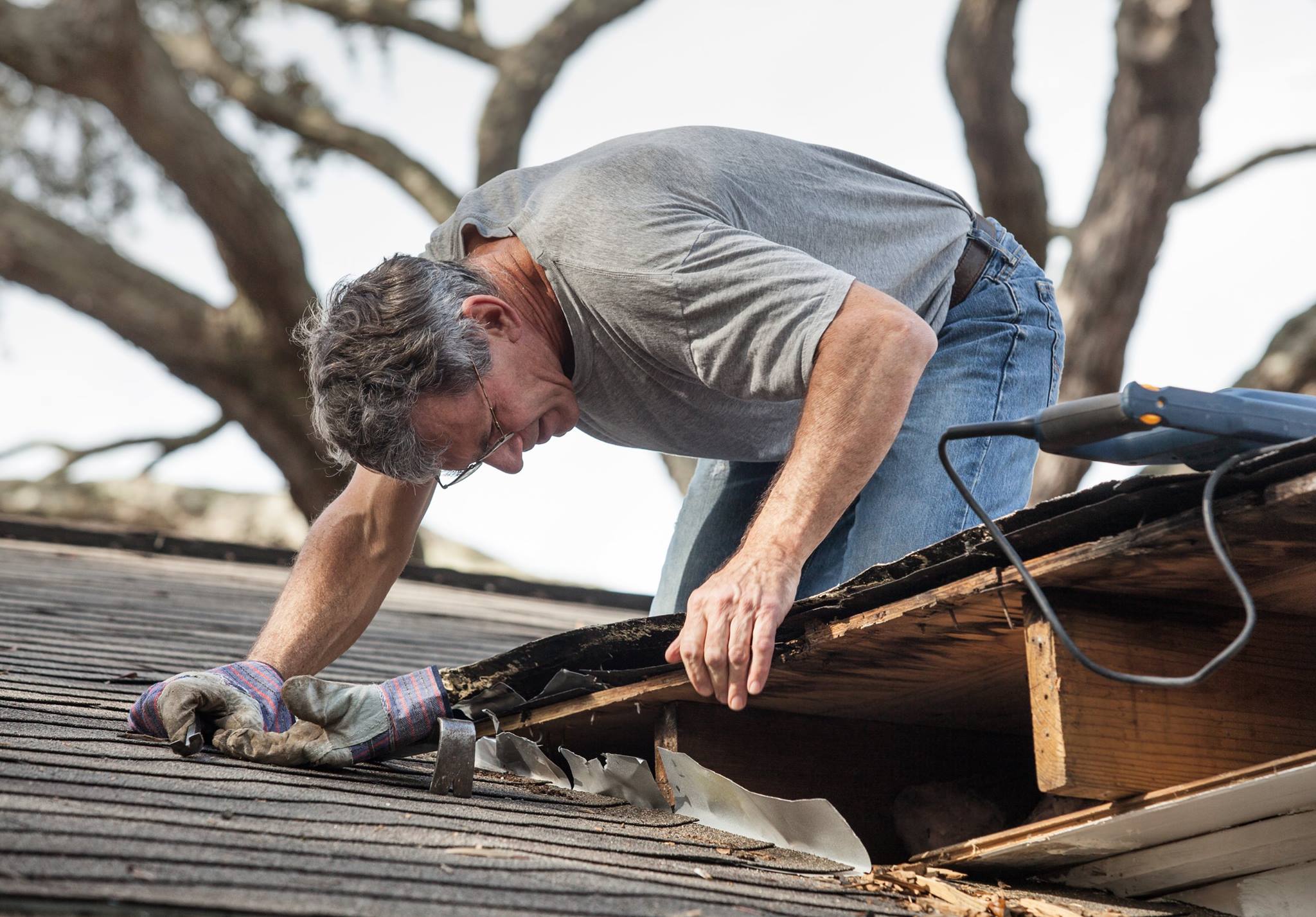Buying a home in Toronto can be expensive enough as it is – the last thing any new homeowner needs is to suddenly find themselves faced with the unenviable task of repairing a hidden defect. If you are not familiar with this term, hidden defects are faults with a property that cannot be seen through regular visual inspections. Usually they involve incorrectly wired electricity, mould problems, plumbing issues, roofing defects, foundation cracks, etc… While discouraging, the potential of having to deal with such defects can be minimized by doing your due diligence.
In Ontario there are two types of defects that can crop up on a property sale – patent and latent. A patent defect is something that you can see easily when you walk into a home or that can be uncovered by a good inspector. For instance, if a window latch is broken and the window does not close fully, you cannot then claim damages from the seller to have it either changed or fixed. A patent defect is covered by caveat emptor, which basically means that you are soley responsible for ensuring the quality of the property you are buying.
The other form of defect is the latent defect, which is something that you cannot see easily. Regardless of the problem, you will need to establish whether the seller was aware of the issue and tried to conceal it from you during the sale. If you can prove that the seller was aware of it and either did not declare it or tried to hide it from you, then you can pursue the seller for the cost of repairs and/or damages.
For buyers, it is essential to request that the seller fill out a form called Seller’s Property Information Statement (SPIS). The form requires sellers to fill out “yes” or “no” answers to questions regarding different aspects of the home. While these forms used to be regularly filled out previously, in recent years, sellers have been cautioned away from them for liability reasons. However, these forms can work for the seller’s benefit as well. It is also essential to have insist that the sale only be concluded once a proper home inspection has been done to ensure to surprises down the road.
For sellers, by declaring whatever you know about your property, you are actually protecting yourself by demonstrating good faith. It is best to be upfront because it will minimize the chances of being sued after the fact and of having to return to repair or pay damages. It will also allow you to ask for a higher asking price.
In the end, it is hard to completely protect yourself from defects, but by doing your homework you should be good to go!
For some good reads on this topic go //bit.ly/1xhL1OE and also here //bit.ly/1BZMfT2.




